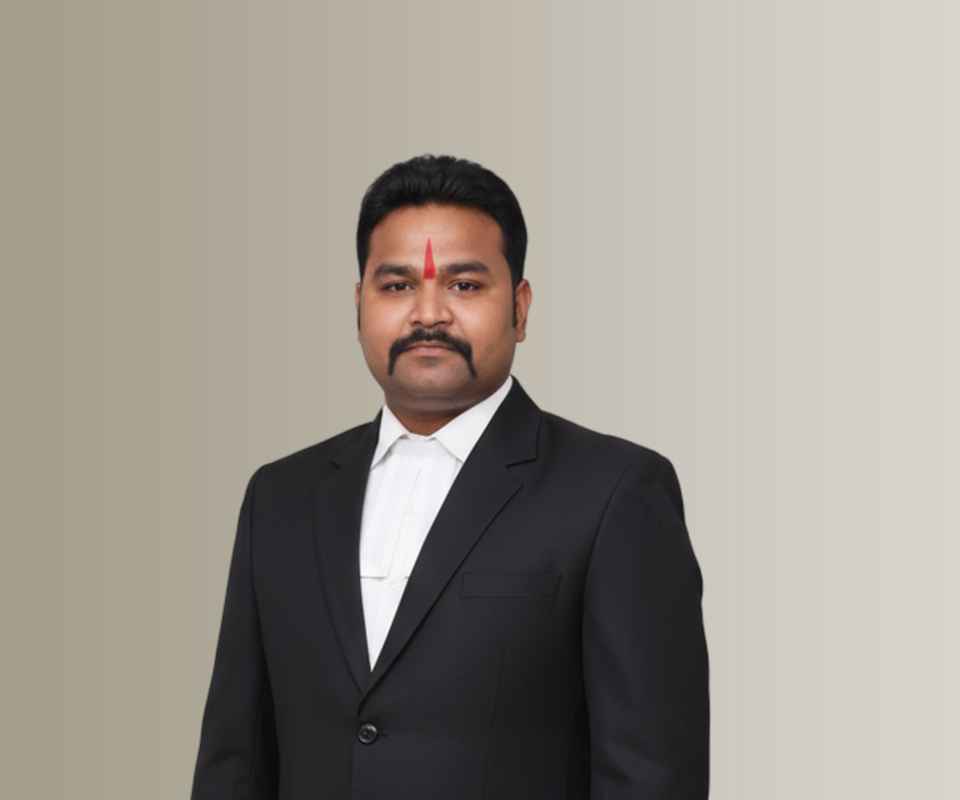Answer By law4u team
Property disputes among heirs after the death of a person can cause significant emotional, financial, and legal challenges. In India, inheritance laws and succession can sometimes be complex, leading to disagreements among family members regarding the distribution of assets. To prevent such conflicts, it is important to take proactive steps during one’s lifetime. Planning ahead can ensure that the person’s wishes are respected and minimize the likelihood of disputes.
How to Avoid Property Disputes After Death?
Here are some practical steps individuals can take to avoid property disputes after death and ensure smooth succession:
1. Create a Clear and Valid Will
One of the most important steps in preventing property disputes is to create a will. A will clearly outlines how the property should be distributed among the heirs after the testator’s (the person creating the will) death. A valid will is the most effective legal tool to avoid disputes, as it ensures that the testator's wishes are respected.
Tip: Ensure that the will is written in clear language, stating the names of heirs, the assets to be distributed, and specific instructions. It is advisable to consult a lawyer to ensure the will is legally sound and complies with the Indian Succession Act, 1925.
2. Register the Will
Though not mandatory, registering the will with the Registrar’s office adds a layer of authenticity and can help in avoiding future challenges. A registered will is more difficult to dispute, as it provides a public record of the document’s existence.
Example: If a person has a significant property or asset to pass on, registering the will in front of a competent authority ensures that the document will be more difficult to contest by any disgruntled heirs or relatives.
3. Discuss the Will Openly With Family Members
Open discussions with the family about the contents of the will and the distribution of property can significantly reduce the chances of conflicts after death. Transparency can help in addressing any misunderstandings and ensure that everyone is on the same page.
Tip: Hold regular family meetings to discuss future plans and share the details of your will. This can also help in managing expectations among family members and may even allow for alternative arrangements if necessary.
4. Appoint a Trustworthy Executor
The executor of a will is responsible for ensuring that the assets are distributed according to the will’s instructions. It is important to choose an executor who is trustworthy, impartial, and capable of handling legal matters.
Tip: Consider appointing someone who is not emotionally involved in the inheritance process, as this will minimize the possibility of bias or conflict of interest.
5. Use a Family Settlement Agreement
A family settlement agreement (FSA) is a legal document where family members agree on the distribution of assets and resolve any existing or potential disputes. This can be done even during the testator’s lifetime to avoid future conflicts. A family settlement is a private agreement, and it can be legally binding if executed properly.
Example: If there are multiple heirs with competing claims, a family settlement agreement can ensure that everyone is satisfied with the arrangement and prevent future litigation.
6. Ensure Proper Documentation of Property Ownership
It is essential that all properties and assets are properly documented and registered in the legal owner’s name. Clear titles and ownership documents reduce ambiguity and prevent legal disputes among heirs. Joint ownership or will-based ownership should be clearly documented.
Tip: Make sure property titles, bank accounts, insurance policies, and other assets are organized and easily accessible to the rightful heirs. Regularly update records, especially after any changes in the family situation (e.g., marriage, birth, divorce).
7. Seek Legal Advice and Estate Planning
Consulting a lawyer for estate planning is one of the best ways to avoid property disputes. A lawyer can provide guidance on how to structure the estate, including how to distribute wealth among heirs, set up trusts, or even create family foundations. Estate planning can help in reducing taxes, ensuring asset protection, and minimizing future conflicts.
Tip: Plan ahead for tax liabilities and legal requirements to prevent any complications in the transfer of assets after death.
8. Consider Creating a Trust
In some cases, establishing a trust can be an effective way to avoid disputes. A trust is a legal arrangement where a person (the settlor) transfers assets to a trustee to manage for the benefit of the beneficiaries. A trust can bypass the probate process and provide a clear, legally binding plan for asset distribution.
Tip: Trusts are especially useful for larger estates or families where there may be a history of disputes or where beneficiaries might be minors or not yet capable of managing the assets themselves.
9. Avoid Hasty or Controversial Decisions
Avoid making sudden or controversial decisions, such as transferring large amounts of property to one heir without proper documentation or without informing other family members. These actions can lead to conflicts, especially if they appear to be made with bias or favoritism.
Example: If one child is given a large property while others are left with nothing, it could lead to accusations of unfair treatment, causing long-term family disputes.
10. Use Mediation for Dispute Resolution
If disputes arise after death, mediation can be a valuable tool in resolving conflicts without going to court. A neutral third party (mediator) can help family members reach a consensus on property distribution. Mediation is often less adversarial and more cost-effective than litigation.
Tip: Include mediation clauses in your will or family agreements to encourage resolution outside of court.
11. Keep the Will Updated
Over time, family circumstances may change, such as the birth of new children, the death of family members, or the acquisition of new assets. Ensure that the will is updated periodically to reflect these changes. Failing to do so could lead to confusion or disputes after the testator’s death.
Tip: Review the will every few years or after any significant life event to make sure it reflects the current situation.
Example
Case 1:
Mr. Sharma, a successful businessman, creates a will specifying how his assets should be divided among his two children. However, he never discusses the will with his family. After his death, the children fight over the distribution of assets, leading to lengthy court battles. If Mr. Sharma had openly discussed the will and created a family settlement agreement, it could have prevented the dispute.
Case 2:
Mrs. Rao, who owns a family farm, creates a trust that clearly states how the farm should be managed and distributed among her children. The trust avoids probate and ensures that the children do not fight over the property. This proactive step helps maintain family harmony.
Conclusion
Property disputes after death are common, but they can be avoided through proper estate planning and clear communication. By creating a valid will, discussing intentions with family members, appointing a trustworthy executor, and using legal tools such as trusts and family settlement agreements, individuals can prevent confusion and ensure that their wishes are followed after their death. Taking these steps can save families from emotional and financial turmoil and help in the smooth transfer of property and assets.







